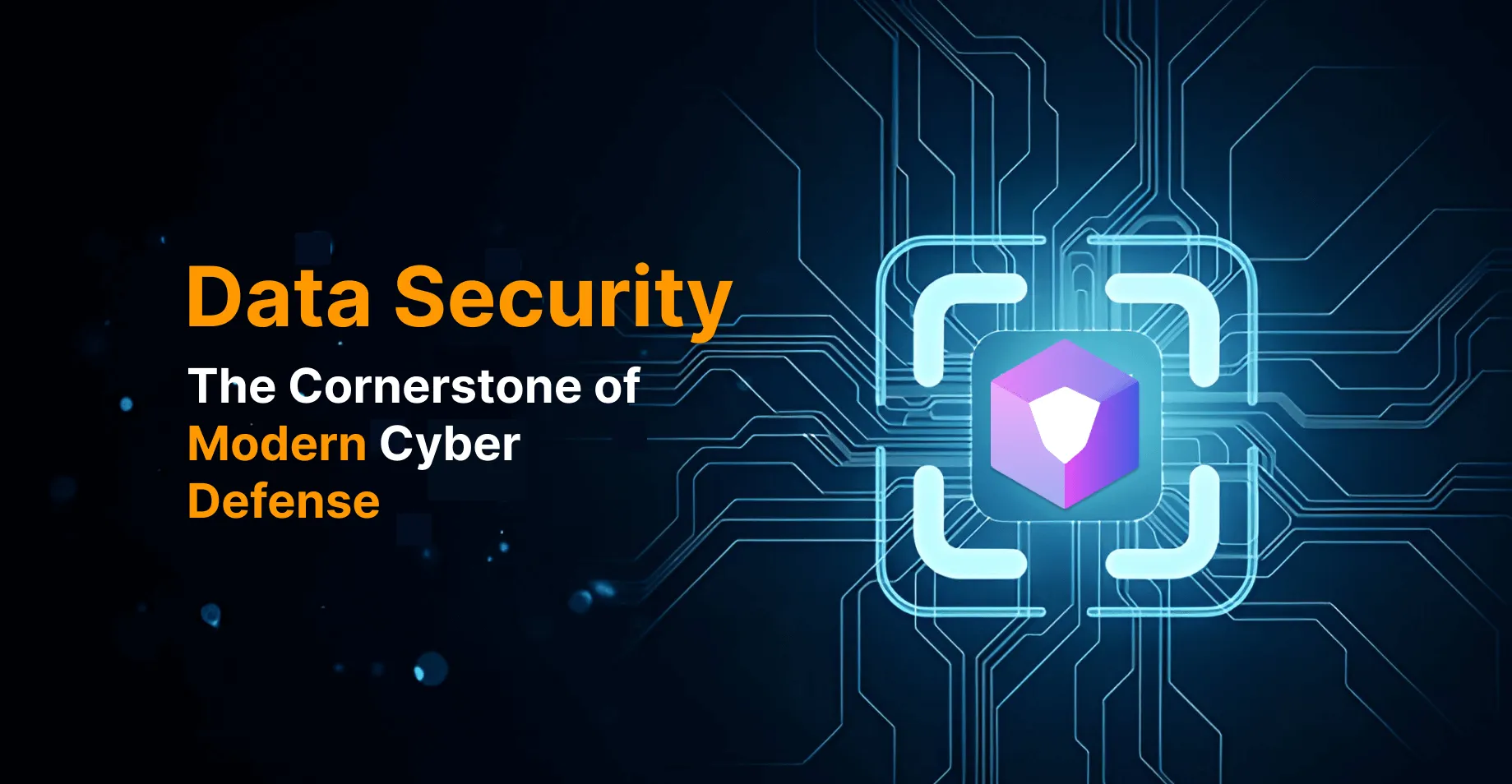In today’s digital world, data has become one of the most valuable assets for any organization. From customer information and intellectual property to financial records, the sheer volume and sensitivity of data make it a prime target for cyberattacks. As businesses increasingly shift to cloud-based systems and remote operations, ensuring the security of this data has become more critical than ever.
The Rising Tide of Cyber Threats
Cyber threats have evolved drastically over the past decade. No longer are they limited to simple phishing scams or brute-force attacks. Today, we are facing sophisticated threats like ransomware, advanced persistent threats (APTs), and data breaches orchestrated by organized cybercrime syndicates or even state-sponsored hackers.
The recent surge in high-profile data breaches, from Fortune 500 companies to government institutions, highlights the urgency for organizations to bolster their data security measures. But data security isn’t just about preventing breaches; it’s about ensuring that, even in the event of an attack, your sensitive information remains protected and inaccessible
Key Principles of Data Security
1.Data Encryption
Encryption is one of the most effective ways to protect your data. It ensures that even if a cybercriminal gains access to your information, they cannot read or use it without the proper decryption key. Encrypting sensitive data at rest and in transit is a must for any modern cybersecurity strategy.
2.Access Control
Limiting access to data is crucial for minimizing risk. Implementing strict access control policies ensures that only authorized personnel can access sensitive information. This includes employing multifactor authentication (MFA) and role-based access controls (RBAC) to ensure the right people have the right level of access.
3.Data Masking
Data masking is a technique that replaces sensitive information with fictitious yet realistic data. This can be especially useful during software development and testing, where using real data can pose significant security risks. Masked data ensures that developers can work effectively without exposing the organization to unnecessary vulnerabilities.
4.Regular Audits and Monitoring
Continuous monitoring and regular security audits are essential for identifying potential vulnerabilities before they can be exploited. By keeping a close eye on who is accessing your data and how it’s being used, you can quickly detect any unusual activity and take immediate action.
5.Backup and Recovery Plans
Data security isn’t just about preventing unauthorized access. It’s also about ensuring that, in the event of an attack or disaster, your data remains recoverable. Regularly backing up data and having a robust recovery plan in place ensures that your organization can bounce back from even the most devastating incidents.
The Role of AI and Machine Learning in Data Security
Artificial intelligence (AI) and machine learning (ML) are playing an increasingly significant role in data security. These technologies enable organizations to detect and respond to threats in real time, often before human analysts can even recognize the problem.
For instance, AI-driven security systems can automatically identify patterns in data access or traffic that may indicate a breach or an insider threat. These systems can then trigger immediate responses, such as locking down accounts or alerting security teams, effectively mitigating the impact of an attack.
Machine learning algorithms are also being used to improve encryption methods and predict future threats based on historical data, making them invaluable tools in the fight against cybercrime.
The Future of Data Security
As technology continues to advance, so too will the threats that organizations face. Emerging technologies like quantum computing and the Internet of Things (IoT) will introduce new vulnerabilities that must be addressed proactively.
The future of data security will likely involve a combination of advanced encryption techniques, AI-driven threat detection, and the continued education of employees on cybersecurity best practices. Organizations that prioritize data security now will be better positioned to face the challenges of tomorrow’s digital landscape.
Conclusion
Advanced DLP provides a proactive, comprehensive solution to safeguard your data from both internal and external threats the future of advanced DLP lies in its ability to integrate with broader cybersecurity frameworks, leveraging AI and machine learning to provide a more comprehensive and adaptive defense against data breaches power of AI, real-time monitoring, and cloud integration, advanced DLP ensures that your organization’s most valuable assets remain secure.
At Vectoredge, we’re committed to helping organizations build resilient data protection strategies. Our advanced DLP solutions are designed to meet the unique needs of your business, ensuring that your sensitive data remains secure in a complex and ever-changing threat landscape. Contact us today to learn how we can help you safeguard your data and to implement advanced DLP to secure your future.
What’s Next?
Here are two steps you can take today to enhance your organization's data security and minimize risk:
- 1. Book a Personalized Demo Schedule a demo to see our solutions in action. We’ll customize the session to address your specific data security challenges and answer any questions you may have.
- 2. Follow Us for Expert Insights Stay ahead in the world of data security by following us on LinkedIn, YouTube, and X (Twitter). Gain quick tips and updates on DSPM, threat detection, AI security, and much more.
Saniya Khatri |
Saniya Khatri is a cybersecurity research and analytics professional at Vectoredge, with four years of expertise in analyzing emerging threats and crafting actionable insights. Specializing in AI-driven attacks, data protection, and insider risk, Saniya empowers organizations to navigate the evolving threat landscape with confidence. Her work bridges technical depth with strategic clarity, driving informed decision-making in cybersecurity.

